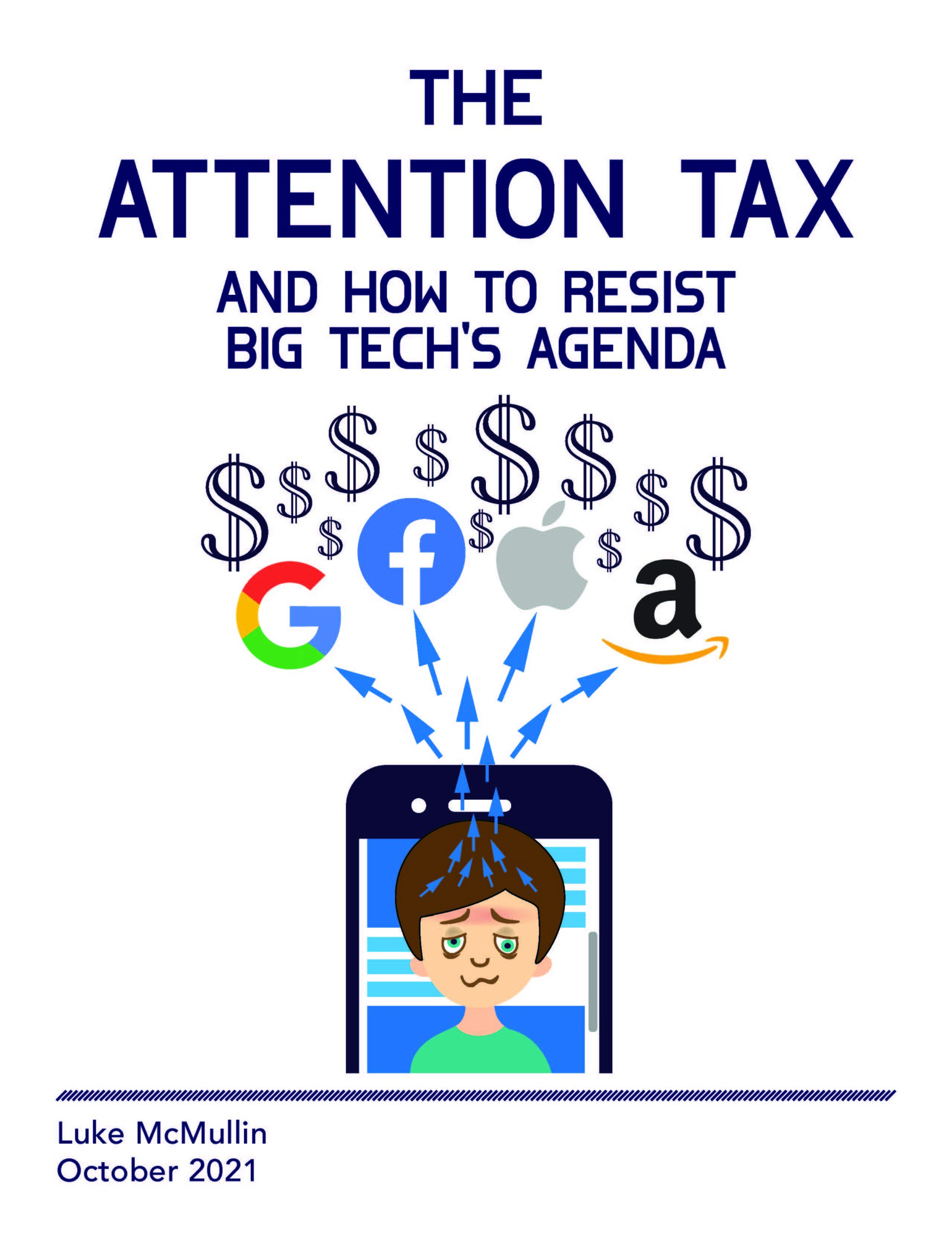
As I was reading Cal Newport’s acclaimed novel Deep Work, he illustrates right from the first chapter a phenomenon called “The Great Restructuring,” where the “winners” of today’s society will fall into three groups: high-skilled workers who are good with machines, those who hone in on their talents and become the best they can be at them, and those with capital (24-29). The last group is what caught my attention the most. Although Newport’s book centralizes around individual improvement, what makes the last group unique is that having great capital does not require individual achievement per se, but it can also be acquired through certain societal advantages. And that got me thinking: how much do the other two groups really fall solely on the individual? Or rather, does societal advantage in our capitalistic society play a role?
Although capitalism is not a theme explicitly portrayed in the book (thus far), I do believe it can play a major role in how successful one is able to be through ‘deep work’ as we know of from the first chapter. Overall, I do agree with the points Newport makes about the quality and efficiency of work and how training yourself to actively indulge in mentally rigorous tasks will land you more opportunities for success. I believe his philosophy can help people reach numerous personal goals they strive to achieve.
But what about those external factors? Well, upon exploring them, we do know that in our current society, one can be born into big wealth, a big name, the aforementioned “owner class,” or even “a small loan of a million dollars” to build a business, as our former president Donald Trump once said. These factors do not necessarily guarantee one’s success, of course; but they for sure give those people an enormous leg up as opposed to those who are working-class or from a marginalized group.
Let’s go back to the first group: those who “can work creatively with machines” (28). Newport iterates that advances in technology such as automation, robotics, and voice recognition are replacing many low-skill jobs that were once performed by the working class and are instead demanding more high-skill jobs that create, operate and maintain these machines (24). In an ideal world, these working people would be able to pull up their bootstraps and strive to become those high-skill workers that require ‘deep work.’
But here’s the kicker: the working class were not doing those jobs because they chose to; they did them because they needed to. To go to a university, tech institution, or trade school in order to obtain the qualifications for these high-skill jobs requires saving money and making an investment. However, a week’s paycheck can make or break a working-class person’s ability to pay off rent, bills, credit, or debt. This greatly hinders their ability to even approach the door to those kinds of investment opportunities.
And what about those who become “the best at what they do?” (28). Well, to be able to devote all your time and energy to focusing on one particular skill is to be able to find time out of your busy life to seclude yourself for prolonged periods of time, like in Carl Jung’s case. However, it is required in many low-skill jobs (and even high-skill professions) to be able to be versatile and available most of the time- going from Task A to Task B swiftly. Even Newport himself mentions that shifting your attention from one project or task to another is just a “part of life” in our society (41). Therefore, people are required to invest in time (and money that they would likely owe through wage losses or education) in order to devote their attention to that demanded complex skill, which can come at a tremendous challenge when one desperately needs to work for long periods of the day without the ability to take time off to survive.
Newport also states that “as digital technology reduces the need for labor… a growing proportion of the rewards goes to the owners of the machine” (27). In other words, the demand for low-skill jobs decreases and the wages from those jobs remain stagnant, while top executives’ salaries and net-worth increase. So what does this mean for said labor class? Some may be able to transition to that professional high-skill class that is required, but the rest who cannot (now without jobs or value in society) would likely suffer.
All in all, although I believe that one’s ability to take deep work to the next level involves a great amount of individual effort, there is a hefty investment that is required, a factor which is astoundingly difficult to access for numerous working-class people today. Therefore, I conclude that, given our capitalistic society, a mixture of individual will and whatever economic or societal advantages one may have needs to take place for deep work to, well, work. In my view, if we truly wish to make success based on the merit of deep work alone, then we need to expand access to these investment opportunities to all people with the willpower. But that is an extremely deep and complex topic loaded with various political and economic theories that I will reserve for another day.
To add more food for thought, although I can definitely learn how to improve my own work habits through learning the ins and outs of the novel Deep Work, it’s unrealistic for me to believe that I can become the next Jeff Bezos or Bill Gates through deep work alone without some form of societal or economic advantage.







